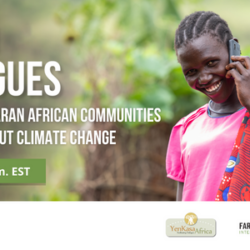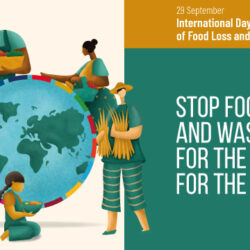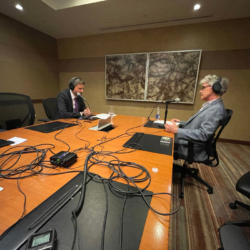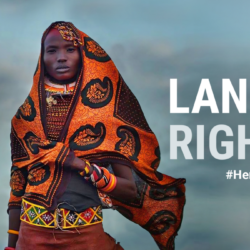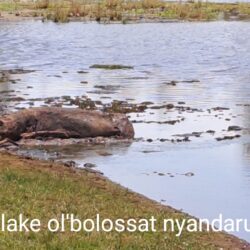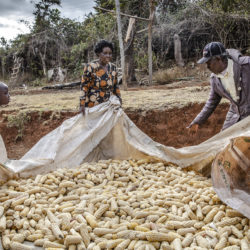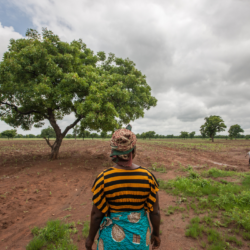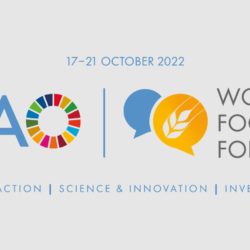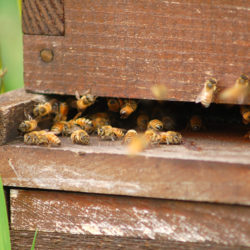Webinar: What sub-Saharan African communities are saying about climate change
What are rural sub-Saharan African communities saying about climate change? How can we bring their voices to influence decisions? How can you use these results to better influence and guide your own programs? That’s what we’re setting out to answer in this webinar. As part of Farm Radio International’s “On-Air for Gender-Inclusive Nature-based Solutions” project, they hosted a series of On Air Dialogues with rural people across sub-Saharan Africa, specifically

